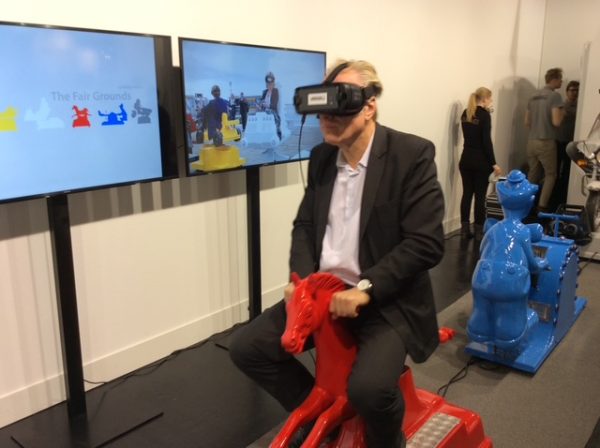In a country where most people subscribe to the “protestant work ethic” it is not easy to raise the issue of overwork. Yet, overwork needs to be become an issue of concern. In combination with overwork comes too little rest. Particularly the lack of rest and sleep is likely to cause serious medium and/or long-term effects. Burn-out is only one of the more obvious and drastic experience of exhaustion. The lifestyle of overwork has direct causal links to malnutrition and cardio-vascular risk factors. Once triggered these processes are even harder to control. The run on meditation exercises is only reiterating the huge difficulties to find a balance or antidote to overwork.
The Pew Research Center in Washington has published results from a survey in 2023 that shows that only about half of American people take the full vacation they are entitled to. The evidence of pervasive overwork in the U.S., not limited to the higher executive branches of employees, is hugely unhealthy. Physical and mental health is endangered and the cost to individuals and society are immense. Who cares? Well, we should care. (1) Documentation and monitoring this trend are the first elements of a strategy to counter these effects. Keep spreading the message that overwork is not without serious risks and mostly is followed by huge costs, someone will have to pay. (2) Start to analyse why we glorify overwork and keep doing so for centuries. The strive for higher pay, more money, higher profits, wealth or social prestige is a powerful driving force, of course. Legal measures or taxation to curb extra benefits of overtime have apparently had only marginal effects as they are circumvented, if people are too much focused on the immediate earnings effects. (3) Examine the question, why we glorify overwork? The Harvard Business Review published an article on this on 28th of August (just after the vacation period) to blame the culture of “workaholic” behaviour. In short, if your self-concept is defined exclusively through work, you will be doomed for overwork and its consequences. The next shot of overwork satisfies the urge for self-esteem and most likely also recognition from peers, colleagues and supervisors. This is an unbelievably heavy drug and addiction terribly hard to resist. (4) Who keeps pushing the agenda of overwork? We know for sure that it is not your children. If you have none, you will be at a higher risk to overwork and to push the overwork agenda compared to others, just because compared to families your time budget leaves more reserve capacity for time to rest. Employers set powerful incentives to reward any form of overtime and thereby overwork not only in pecuniary form, but also more rapid career advancement. Strongest and most addictive is your very own behaviour not to respect limits to working time. (5) Remedies to overwork are only partly in your own command. Of course, getting more sleep, doing more exercise, walk instead of drive to work are all fine. However, we need to address the danger of addiction, especially when we do not want to admit our dependency on overwork for self-esteem and recognition by others. Getting together with like-minded persons, for example, in trade unions, will make it easier to get collective solutions to isolated overwork. Higher wages should allow you to get more rest as you earn the same absolute amount with less input of hours. The danger of working even more, because the incentive to put in an extra hour of work has risen at the same time. Be aware of this “duality of higher pay”. Societies have lots of reasons to redistribute work. Between women and men, young and old as well as the “overworked” and “underworked”. 




